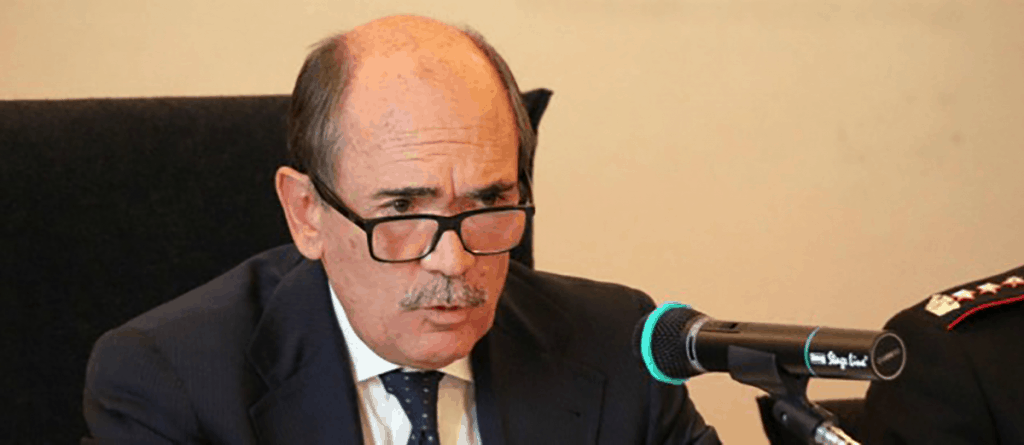
There are many reasons to watch Rai’s film from last Sunday. It can perhaps explain why the assassination of Daphne Caruana Galizia was never going to be a local Maltese story and that’s not just because this is the story of the killing of a journalist and journalists everywhere are bound to be interested in that sort of thing.
This is a European story which is summed up by one of the senior Italian officers interviewed for this program. European integration and the single European currencies allows mafiosi to move around Europe freely without hindrance making all of Europe the back yard of European criminals wherever they come from.
But police authorities are still blocked by the faded borders between European countries. Investigations have to wait for letters rogatory to be replied, they need to work with local police often corrupted by the hunted mafiosi themselves to help them hide in plain sight.
The program by Maria Grazia Mazzola includes a fascinating interview with Federico Cafiero de Raho, Italy’s national prosecutor against mafia and terrorism.
He comments about Malta and is asked to say what he thought of when he heard of the killing of Daphne Caruana Galizia. His reply was that “when economic growth is prioritised so exclusively, you’ll end up allowing anyone to operate in whatever sector they choose without the proper checks and controls.
“A democratic country should start by knowing who are the economic players working within it. Malta is not making these checks. Malta’s GDP grows. But in reality it is a country that has been invaded by criminal organisations.”
He speaks of the price of our boundless greed, our blind pursuit from economic growth at the expense of our own basic security. And he also speaks about how we exploited the benefits of EU membership to chase the quick buck.
“The European Union needs to think about the challenge of adapting common European laws. We’re calling these countries to watch out for ‘Ndranghestisti, Mafiosi and Camorristi. These manage to establish relationships that infiltrate the economy and the political sphere.
“There are countries that work within the law and adopt very rigorous legislation to beat crime. Other countries allow economic growth to happen within their territories without any form of control.”
Federico Cafiero de Raho is asked by the film’s author which countries he specifically has in mind. “Romania, Malta, Slovakia. Italy is also helping Balkan countries who have serious problems resisting the infiltration of organised crime.
“These are countries where crime is allowed to work without careful control and without investigations to establish where investment is coming from and without checks to block collusion between crime and power.”
Confronting this fundamental problem of our time is nowhere near the discourse of our political class yet. There’s still resistance to fully address the narrow matter of justice for those who killed Daphne Caruana Galizia. But there’s little insight into addressing the issues that Daphne Caruana Galizia uncovered.
No one in mainstream politics is talking about how we are going to rethink the making of our prosperity, to have a healthy economy that can sustain the aspirations of our people whilst we free ourselves from the chains of this demonic pact we’re in. How do we generate employment for everyone without allowing the mafia to use us to launder their income from slavery and drug trafficking? How do we allow our economy to be open to the rest of the world, as it must be, without being a bay for pirates?
How do we build the capacity in our institutions to fight organised crime and break up any collusion between politicians, regulators, and “businessmen” who are no more than the respectable end of crime?
How do we update our laws to nab not only the expandable small time hoods and the mules and the button men but the dapper mafiosi who kill by nodding and winking and nudging without getting their hands out of their pockets?
How do we learn from the term ‘Mafia State’ that it isn’t a slogan or just another adjective for a government we don’t like but a literal, thought through, meaningful description of a country whose institutions have been captured by criminals from outside Malta and their local accomplices here? When will the local political community realise that it must sit down and start working on proper anti-mafia laws that properly empower our law enforcement agencies to be able to fight the biggest beast they have ever had to handle?